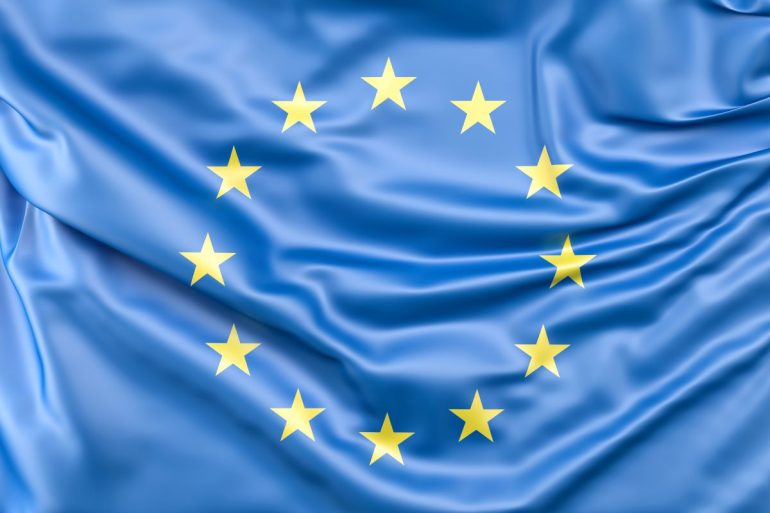The campaign for the upcoming European Parliament (EP) elections – which in the Czech Republic will take place in less than two weeks, on the weekend of Friday 7 and Saturday 8 June, to elect 21 of the 720 MEPs – is revealing a different approach from the parties than previous elections, according to researcher Tomáš Cirhan from the SYRI National Institute.
Although the Czech public does not consider the EP elections as important as other national political elections, Cirhan argues that for the first time, the most contested themes in the election campaign are pan-European issues, such as migration and the EU’s asylum policy, and the economic and environmental transition known as the “European Green Deal”.
The voter turnout in the Czech Republic is expected to be below 40%, reflecting a lack of public interest, but at the same time the character of the campaigns can be perceived as polarising, a pattern also seen in other countries.
“In a number of countries, for example in the Netherlands, the issue of asylum policy and migration in general resonates significantly in the campaign, a topic that directly appeals to far-right populist parties. In the case of the Netherlands, it is the Party for Freedom of Geert Wilders, in Germany, the Alternative for Germany operates on similar rhetoric,” said Cirhan.
“I assume that the main change that these elections will bring to European politics will be the success of these types of parties in several EU countries. We will have to wait and see what risks this change will bring to the political system, but realistically it is a very significant change at the European level,” added Cirhan.
According to Cirhan, both main topics of migration policy and the Green Deal have a strong polarising potential, which many parties in the Czech Republic are also trying to use to their advantage. “Regarding the Green Deal, the coalition of Přísaha and Motorists, for example, has a strong profile in the Czech Republic, and has successfully built an entire campaign on the rejection of green policy at the European level. Even the main election favourite, ANO, is strongly against the Green Deal and the migration pact,” he said.
The far-right Freedom and Direct Democracy (SPD) also launched an intense campaign based on a domestic, rather than European, stance, with billboards showing slogans like “Money to the Czechs, not to Ukraine” or “No migration, no euro”.






